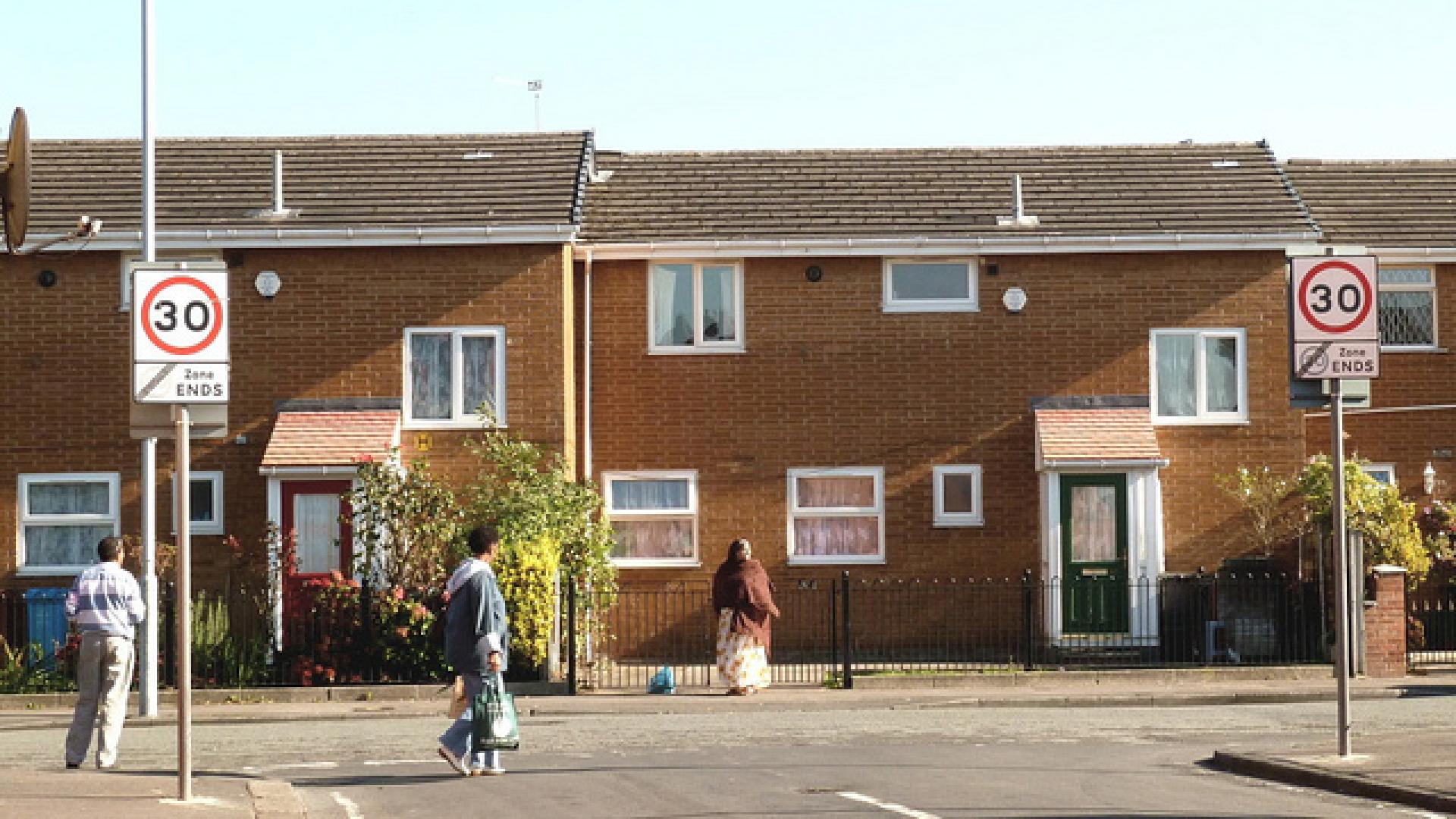The Conservative government has announced plans for a substantial increase to Right to Buy, but Simon Ruse has concerns that the short term benefit will have serious consequences for future generations.
The government confirmed in the Queen’s Speech its plans for the extension of the Right to Buy scheme to 1.3 million housing association tenants to increase home ownership. The plans would result in tenants being able to buy their property at a discount of up to £104,000, a huge increase on the existing discount of up to £16,000.
Around 2.5m council tenants have bought their properties since Right to Buy started under Mrs Thatcher’s government in October 1980. A spokesman for the Department for Communities and Local Government said: “Anyone who works hard and wants to get on the property ladder should have the opportunity to do so. That’s why the Housing Bill will ensure that social tenants wanting to buy their home would have the opportunity to do so at the same levels of discount – regardless of whether they live in a council or housing association property.” Home Office minister Lord Bates has spoken of the Right to Buy plan giving people a stake in society through owning their homes.
The policy is part of the government’s Housing Bill that aims to help get people on the housing market and will be financed by local authorities being forced to sell vacant property in high-value areas. Councils will then be expected to replace any housing association property that is sold on a “one for one” basis. The National Housing Federation estimates around 15 to 35% of housing association tenants, 221,000 households, will be able to afford to pay a mortgage on the purchase.
However, the generous offer to social housing tenants has received a high level of criticism from the media and within parliament. Labour peer Baroness Hollis of Heigham, chair of Broadland Housing Association, doubted the government’s right to "seize the assets of independent charities, given that it will have to unpick myriad overlapping laws that go back centuries".
Lord Best said that in the 1980s the Lords rejected the extension of the Right to Buy to charitable housing associations, "principally on the grounds that government should not be ordering independent charitable bodies to dispose of their assets to the benefit of some tenants of today but at the cost of diminishing the charity’s capacity to help others in need in the future.”
The proposal to introduce Right to Buy for housing association tenants is certainly controversial. Critics of the policy are concerned that not enough information has been provided about how and where new homes will be built, or how housing associations will be compensated for the loss of assets. Research from the Institute for Fiscal Studies, a think tank, shows that 26,184 homes were sold under Right to Buy between April 2012 and December 2014, but over the same time work started on only 2,712 properties funded by the proceeds. Unless properties are replaced on a like-for-like basis, this policy will worsen the housing crisis and merely provide a lucrative subsidy to housing association tenants.
The experience of council housing is that properties sold under the scheme have not been replaced and some have ended up as privately rented houses, both of which are likely to reoccur with the sale of housing association properties under Right to Buy. Furthermore, it is not clear if the sale of high-value local authority properties will actually cover the cost of the discount and the re-provision of housing. According to The National Housing Federation, the policy could cost up to £5.8bn a year.
The sale of vacant council properties in high value areas will result in an increased shortage of council housing. In effect, two social housing properties will be sold to finance a discount on under Right to Buy. Additionally, it will make it more difficult for socially diverse communities to survive in high value areas such as inner London. The policy will result in less cohesive communities and more people languishing on housing waiting lists or living in inadequate accommodation. This is clearly bad for society and more Members of Parliament will be contacted by constituents with housing difficulties.
Housing associations are independent charities and they should not be forced to sell their properties. Increasing housing supply would improve home ownership and the government should concentrate on building more housing, not selling it. This policy could make housing associations cautious about investing in new housing and lenders more hesitant to lend, which could have serious, negative effects on new social housing schemes.
The new initiative should not be implemented because it could result in an increased shortage of social housing and the money for the scheme should be redirected to more new build social housing. It is increased social housing construction which will improve society, not discounts for housing association tenants to buy their properties.
I hope this legislation is properly considered and scrutinised in parliament, because as it stands, the consequences could severe. The short term benefits look unlikely to outweigh the long term consequences.
Is our house in order? Or does it lead you up the garden path? Leave us a comment below.

